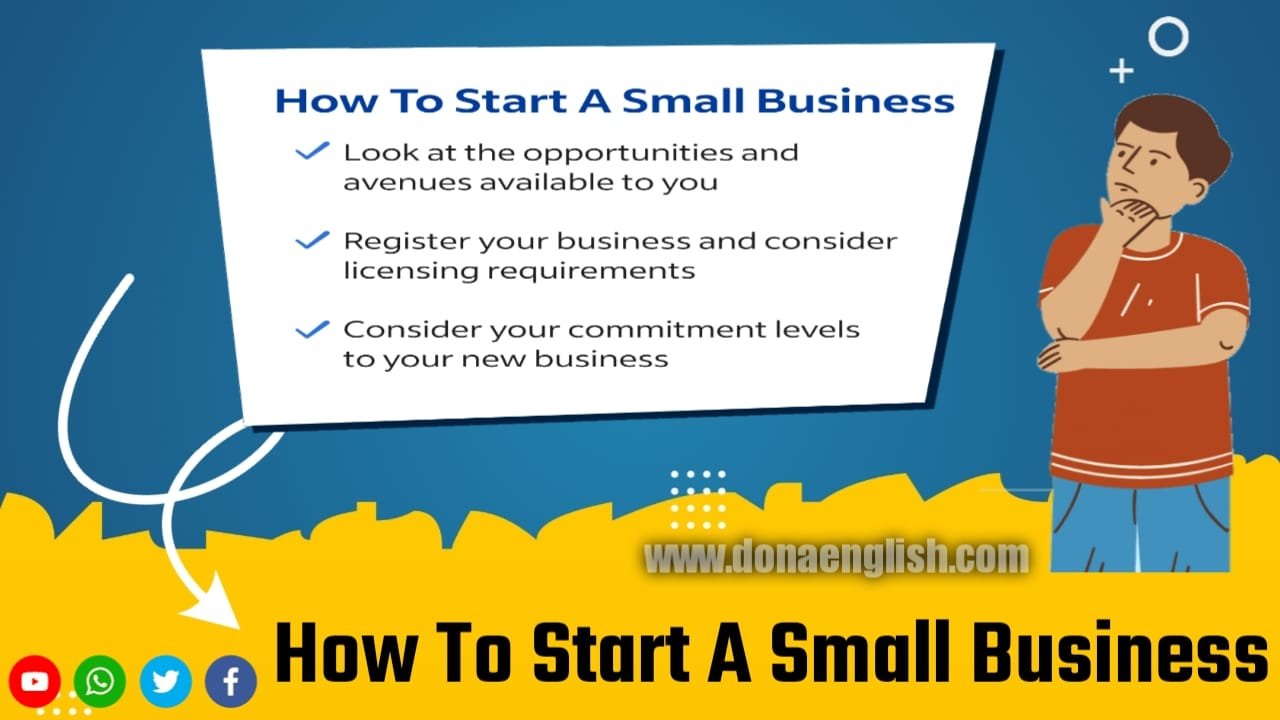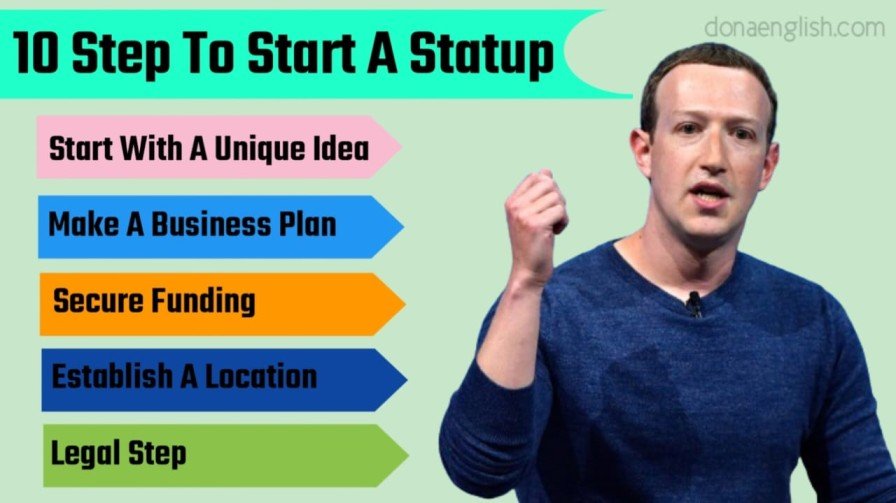How to start a Small business :- Starting a new business is as exciting as it is challenging. While passion and great ideas are important, they are not enough on their own to ensure success. If you want your business to grow, thrive, and eventually become profitable, you must position yourself strategically from the start.
Competition in the market is fierce, and it takes thoughtful action to stay ahead.
Let’s explore the key steps to help you strategically set up your new business:
1. Identify a Profitable Niche—
One of the most important steps when you start a business is choosing the right niche. Just having a great product or service idea is not enough. You have to make sure there is a demand for your offering.
You should research your target market and confirm there is a demand for your offering. Think about who you want to serve. Are they actively looking for a solution to the problem your business solves? And most importantly, will they pay for your solution?
How to find your Niche —
Assess your expertise: What do you do that sets you apart from others? Is there a problem or problem you can solve better than others?
Research the competition: See what others in your industry are offering. Can you meet a market need? When you understand your competitors, it will help you differentiate your business from others.
2. Define your unique value proposition (UVP) —
Once you’ve determined your niche, you need to clearly define your unique value proposition (UVP). This is how you stand out from your competitors and show potential customers why they should choose you. Your UVP isn’t just about having a better product; it’s about communicating the unique value your business provides.
Questions to answer when crafting your UVP-
(1) How is your offering different from others on the market?
(2) What problem do you solve for your customers that others can’t or don’t want to solve?
(3) How does your solution improve your customers’ lives or business?
Your UVP should be at the Centre of your marketing, sales, and branding efforts. It’s the way you show your audience the unique benefits of choosing your business over others.
3. Understand your ideal customer —
Understanding your ideal customer is key to creating an effective marketing strategy and growing your business. Who are the people you are trying to reach, and what do they need? Winning over your audience will help you adapt your messaging, marketing channels, and even product features to suit their needs.
Steps to define your ideal customer-
Create a customer persona-
This includes demographic details such as age, gender, occupation, and income, as well as psychographic details such as goals, challenges, and buying Behaviour.
Focus on pain points: What problems do your customers face that your product or service solves exactly? The better you understand their pain points, the better you can offer your solution.
4. Focus on building relationships, not just sales —
In the early stages of a business, it’s tempting to focus only on sales. While revenue is important, building long-term relationships with your customers will lead to sustainable growth when they’re comfortable with you.
How to build strong customer relationships-
Connect with your audience-
When you respond to comments, questions, and feedback in person or on social media it shows that you care.
Provide value beyond the sale-
Whether through educational materials, gifts or exceptional customer service, satisfy your customers. Your customers should feel that you care about their success.
Develop a community-
Create a place where your customers can complain and connect and your brand. Whether through a Facebook group or a newsletter, building a community will build loyalty
5. Start with lean, but plan for growth—
Many new entrepreneurs make the mistake of trying to do too much too quickly. While it’s important to have a big vision for your business, start with a lean approach to avoid wasting time and resources.
How to get started with Lean-
Test your idea-
Before you fully commit, test your product or service with a small audience or friends. Gather feedback, refine your offering, and make sure there is demand.
Prioritize spending-
Focus on investing in areas that will bring the most profit, such as marketing and customer acquisition. Don’t spend too much on things like office space or fancy equipment until you have a steady income.
Be adaptable-
As you move forward, be prepared to change based on customer feedback, market conditions, and new opportunities. A flexible approach will make you more successful and last longer.
The bottom line is that starting a new business can seem very daunting, but with the right strategic positioning, you can increase your chances of success. By following these tips, you’ll be well on your way to building a sustainable and profitable business. Remember, success doesn’t happen overnight – focus on building relationships, adapting to feedback, and marketing strategically to ensure your new business thrives in the long term.
Also Read….



